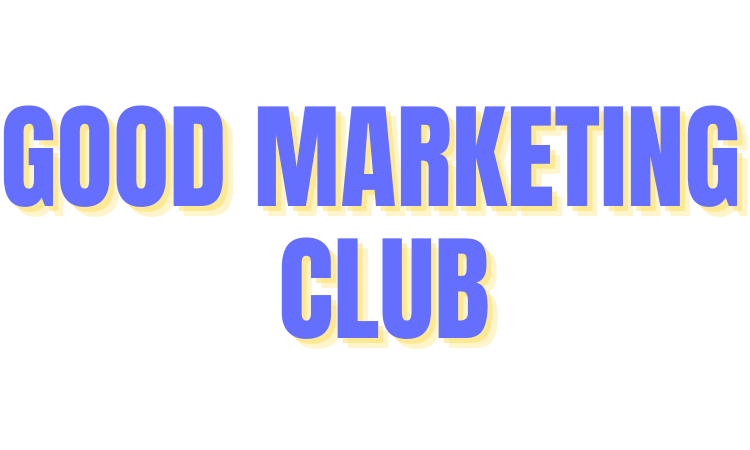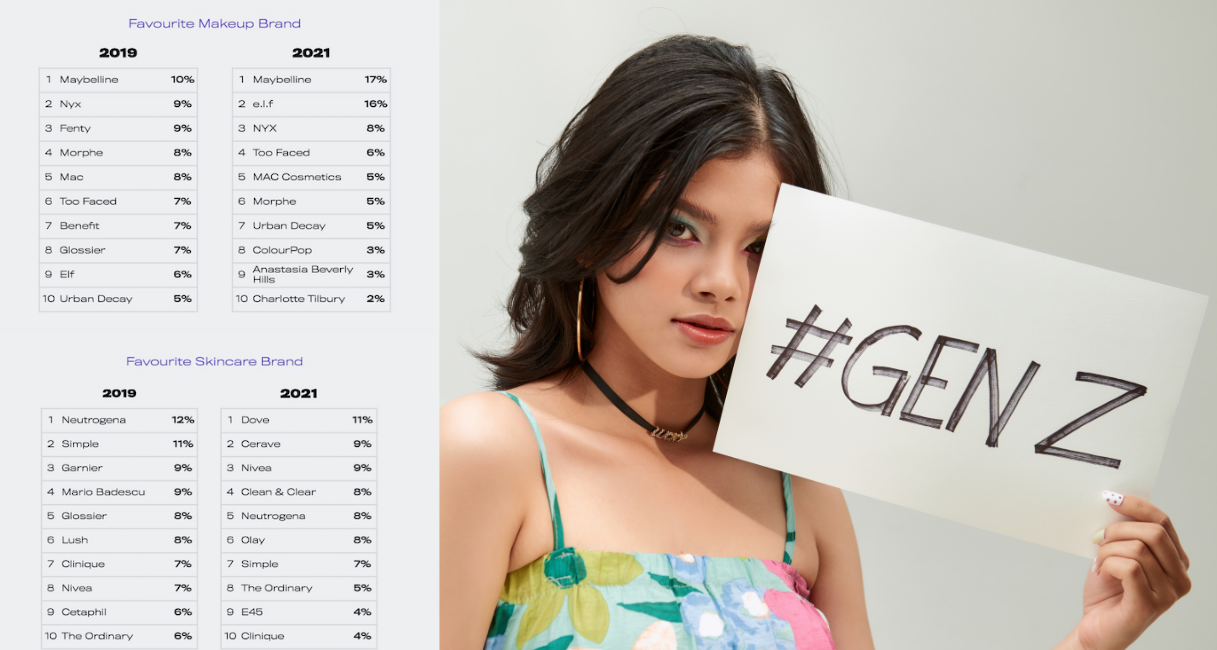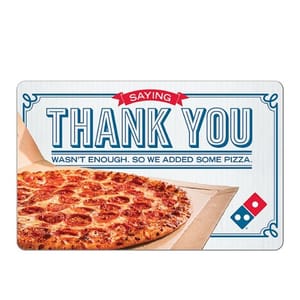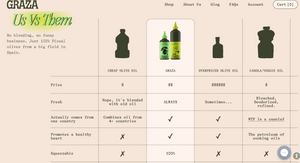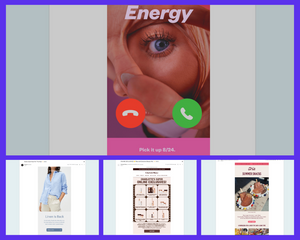Gen-Z grew up with technology, they are used to expressing their opinions on the internet, they are also less tolerant of BS as they can easily sniff one out.
Although each generation cannot be stereotyped, with different backgrounds growing up, they do have different preferences and values (though constantly evolving). Marketers and founders need to get to know them before knowing how to best serve them. Price and accessibility are certainly always important for younger generations. Here are some of my other observations, based on Gen-Z’s favorite beauty brands.
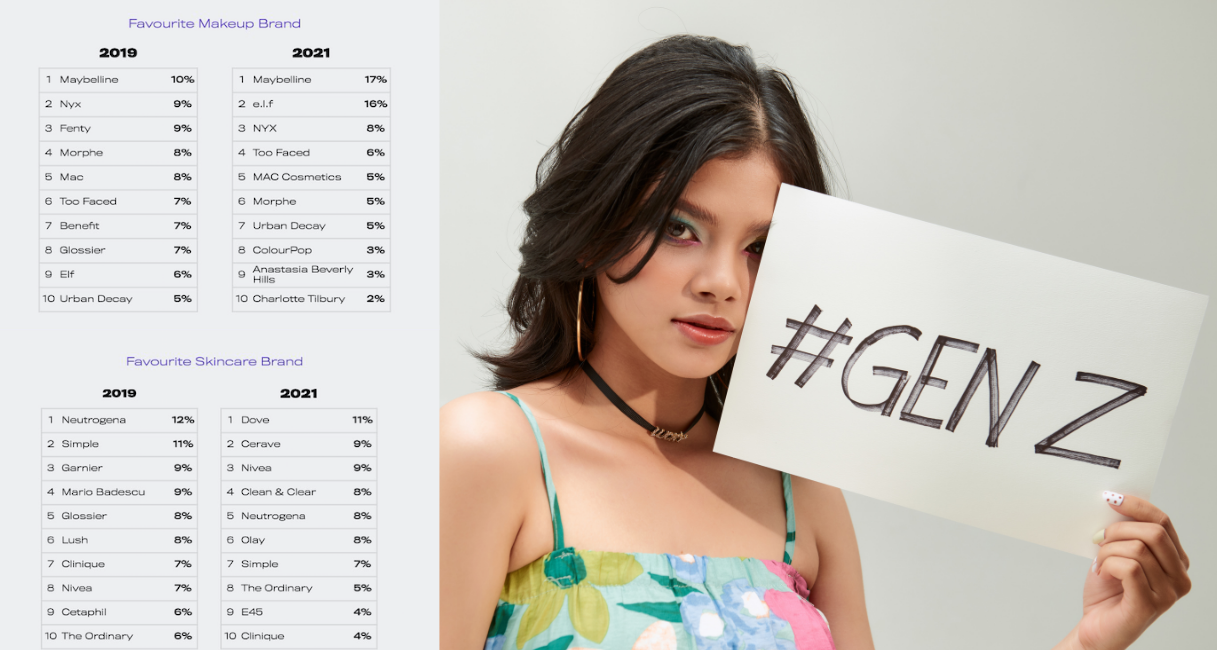
Efficacious Product
This seems so obvious but brands with white-labeled products still pop up every day. If you look at the top brands beloved by Gen-Z, Cerave, Maybelline, e.l.f., and even the lesser-known e45, the bottom line is they all have really good products.
With increasing competition and acquisition costs, brands cannot survive on single purchasers, repeat purchases and LTV are the north-star metrics, and those KPI goals can only be reached through good products. Information is at Gen-Z’s fingertips, it’s difficult to lure them into buying something generic, it’s impossible to trick them twice.
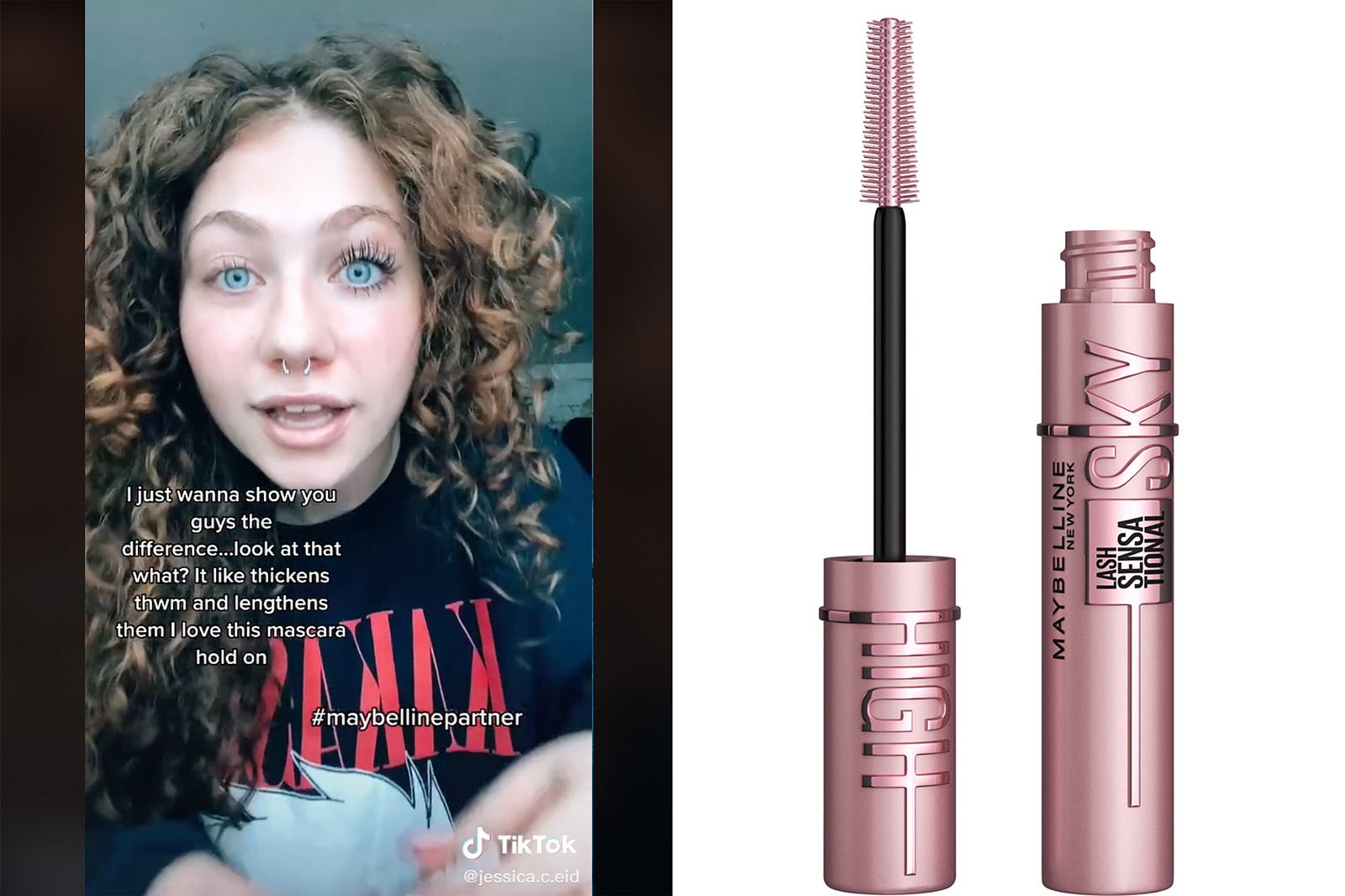
Say What You Mean
Gone are the days of marketing with ‘filler’ adjectives, like the Estee Lauder Re-Neutriv Cream, what does ‘Re-Neutriv’ even mean? The new generation demands transparency to the extent of knowing exactly what’s in and not in a product. Brands like The Ordinary and Cerave rose to their fame partly due to their genuine approach to product marketing.
Customers search for products through ingredients they like and the problem they have, say what you mean (also for the benefit of your SEO).
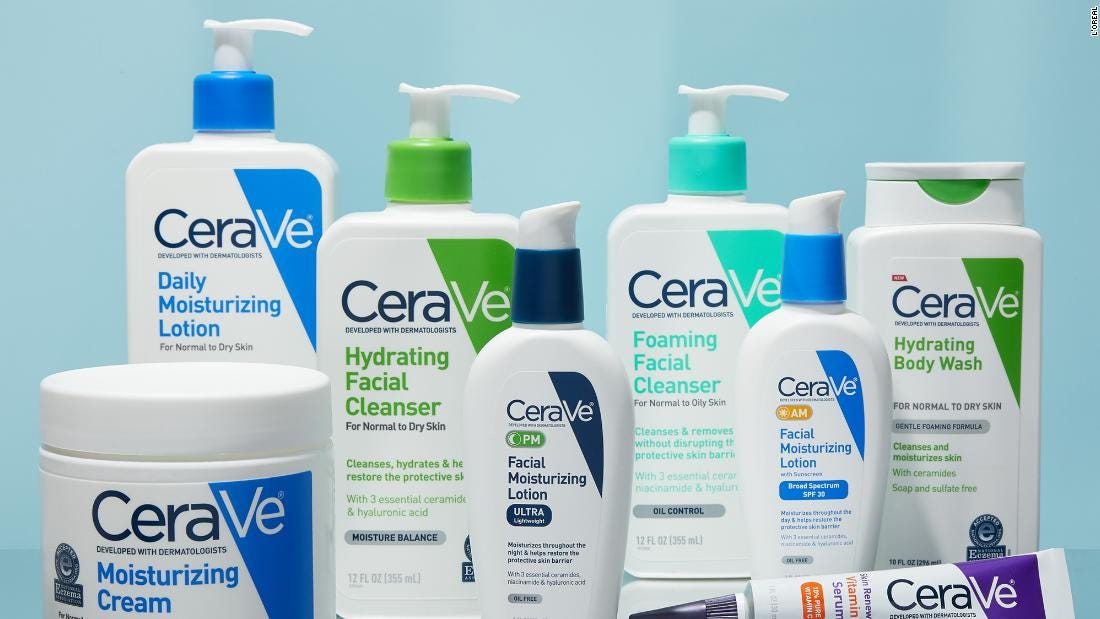
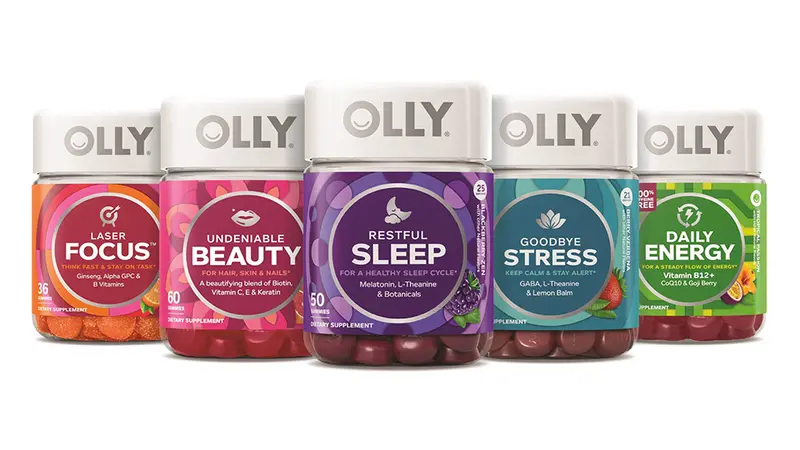
Sharable Magic Moment
Gen-Z trusts the opinion of peers. Clinique Black Honey Lipstick went viral not because Liv Taylor used it in Lord of the Ring, but because someone tried it on on TikTok and looked good in it.
Influencer marketing works so well because they generate reviews from trusty non-celebrities. Then as top influencers became celebrity-like, brands start to invest in micro-influencers…so on and so forth. Well… the best influencers are your everyday customers.
When designing your customer experience, give customers the ammunition to share your brand with others, to share the magic moment
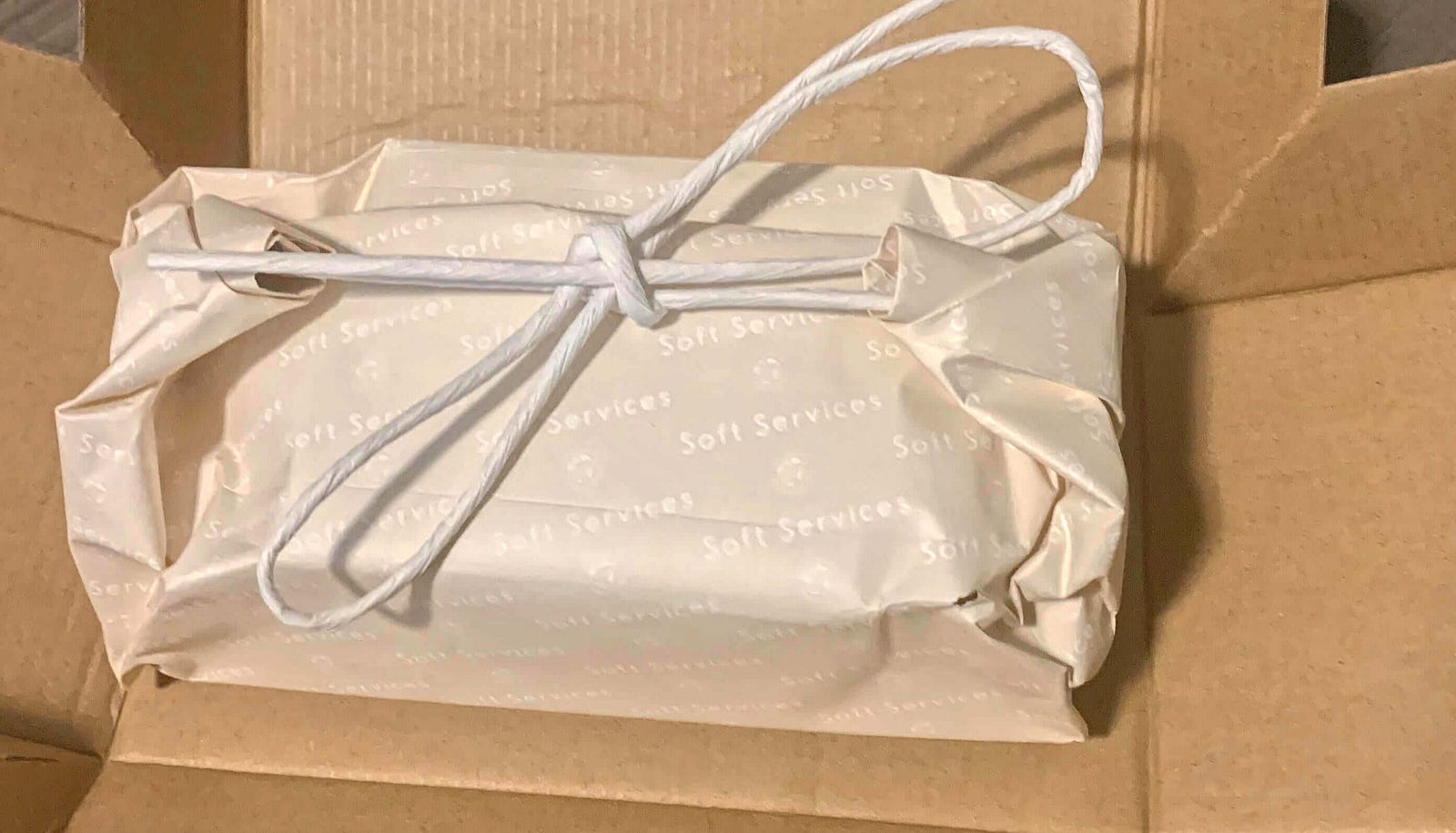
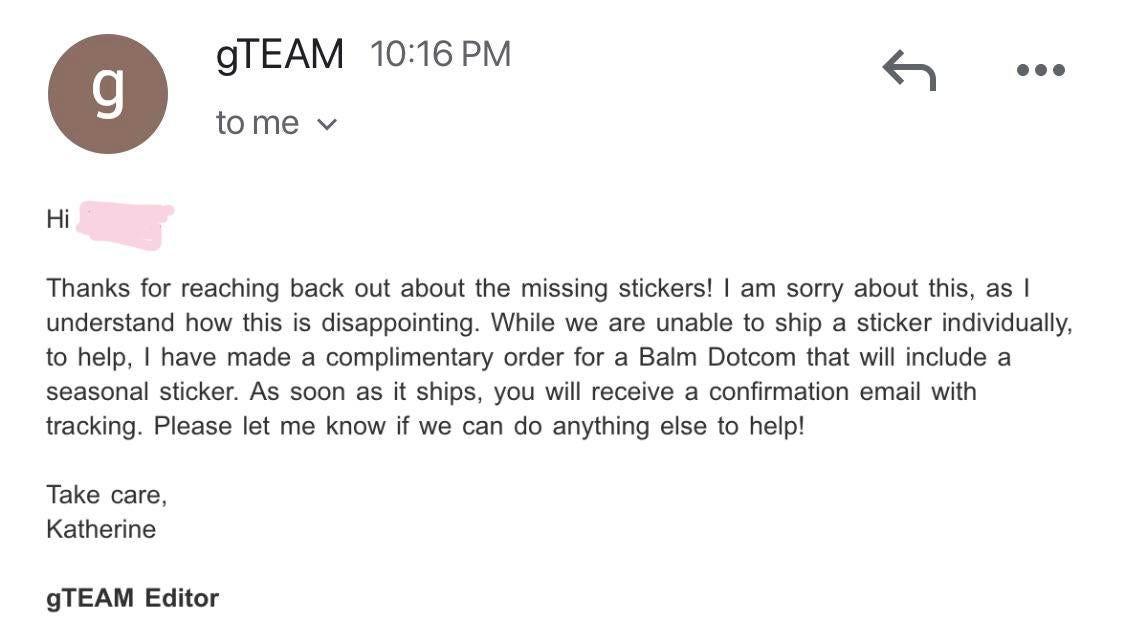
Brand Values
Just like people do business with people they like, with plenty of substitutes to choose from, Gen-Z buy from brands they like, with values they agree with. They want to feel good about their purchases.
53% of respondents surveyed in Kyra’s survey said that they would stop using a brand that tested on animals. Other than cruelty-free, eco-conscious, inclusivity (gender, race, etc.), and treating employees well are values more and more customers look for in brands. Make customers feel good about being your customer (and mean it).
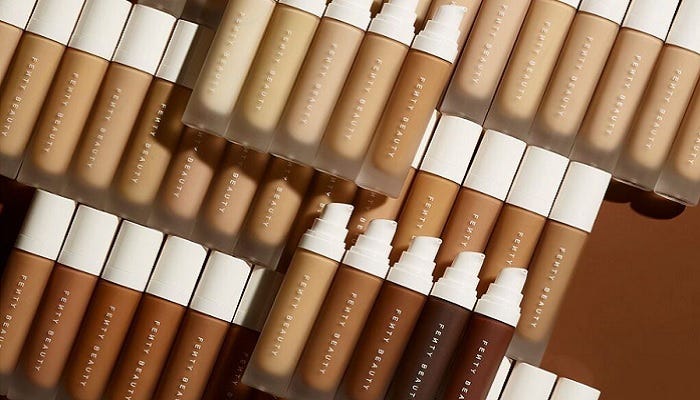
What I’ve observed here are certainly not merely specific to Gen-Z, but what is expected more and more from people.
Observing your target cohort’s behavior is just step one, your ultimate goal, per Steve Jobs, is to figure out what customers going to want before they do.
